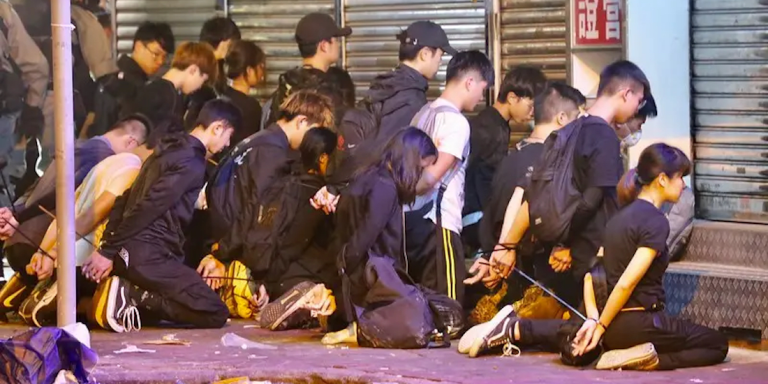
The tumultuous experience of an American detained in Hong Kong has ignited fresh debate over the region’s prison conditions, political freedoms, and human rights abuses.
New York, N.Y. — Drawing on the harrowing first-hand account by Samuel Bickett published in the New York Post, this story details the physical and psychological toll faced by foreign detainees and local dissidents caught in the city’s expanding crackdown on political protest and speech. Samuel Bickett’s eyewitness account reveals institutional abuse, medical neglect, and squalor inside Hong Kong’s notorious prison system for political detainees.
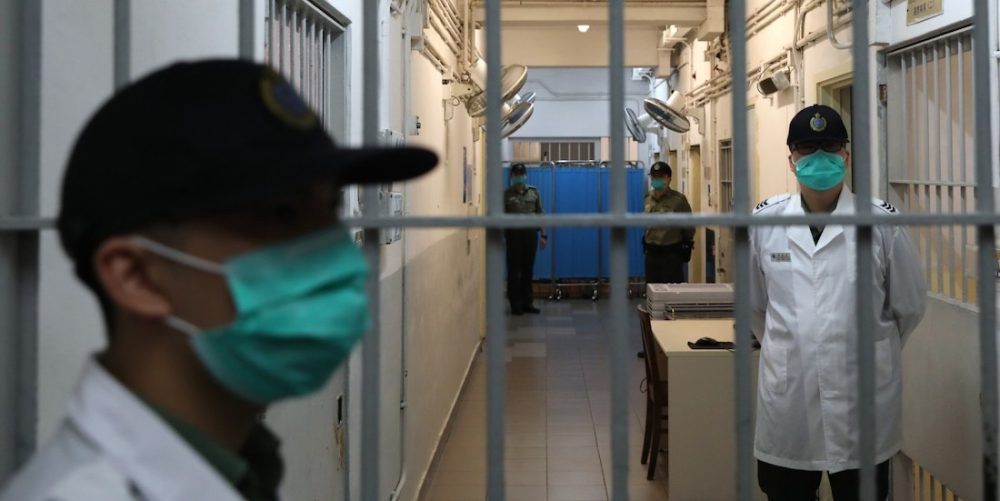
Shocking Night Behind Concrete Walls
Samuel Bickett’s story begins in the hospital wing of Hong Kong’s Lai Chi Kok prison, where the sounds of violence punctuated a routine evening.

Guards, shouting and agitated, entered the corridor—well known for its lack of surveillance cameras.
An inmate sobbed and pleaded for mercy. Soon, other prisoners heard unmistakable blows landing on the victim’s body, followed by anguished screams. Immobilized by shock and threat of retaliation, Bickett and his cellmates could only listen.
Eventually, the injured detainee, bleeding heavily, staggered past a blue screen, while others implored Bickett to remain silent.
His own presence in the prison stemmed from a 2019 arrest for intervening in a subway assault—a case perceived as retribution against the U.S. for its critical stance on Hong Kong governance.
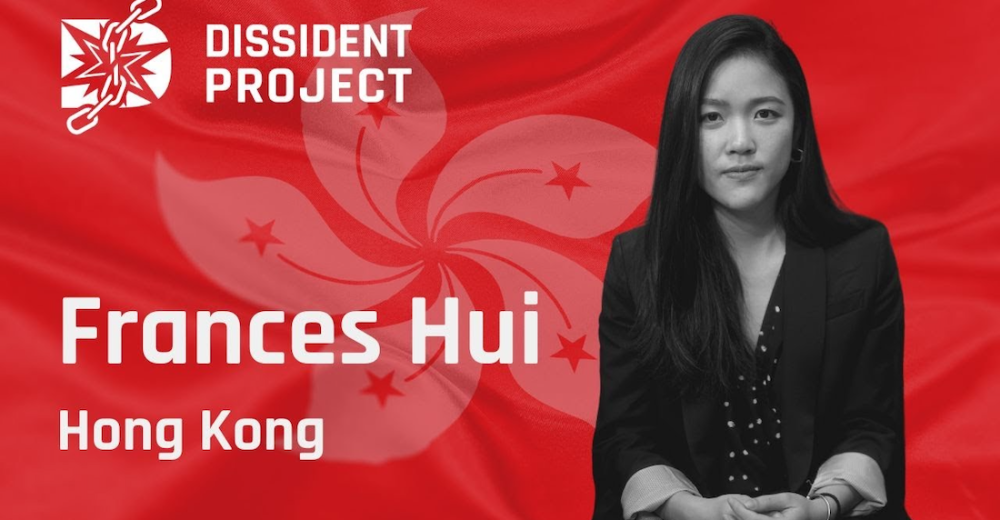
Institutional Violence and Prison Brutality

Bickett’s personal ordeal—where his role as the only American political prisoner highlighted the international stakes—became part of a deeper investigation into systematic abuse.
Alongside fellow activist Frances Hui, he published the report “We Were Made to Suffer: Abuse Political Control Hong Kong Prisons.”
Juvenile facilities saw frequent coercion, from forced exercises to sexual assault, often condoned by officers.
Detainees with medical crises—ranging from seizures and broken bones to severe mental health challenges—were systematically denied care.
Bickett’s account describes overflowing toilets, infested cells, and relentless heat, driving inmates to near collapse. One tragic instance involved Conde Mamady, a Guinean prisoner whose worsening health went ignored until he died en route to hospital after days of pleas from other prisoners.
Across 17 interviews with former inmates, consistent patterns emerged: prisoners were physically
assaulted by guards in areas without cameras, and sexual violence was widespread, especially in youth
detention facilities where staff enabled ‘B-boys’—inmate enforcers—to intimidate and attack newcomers.
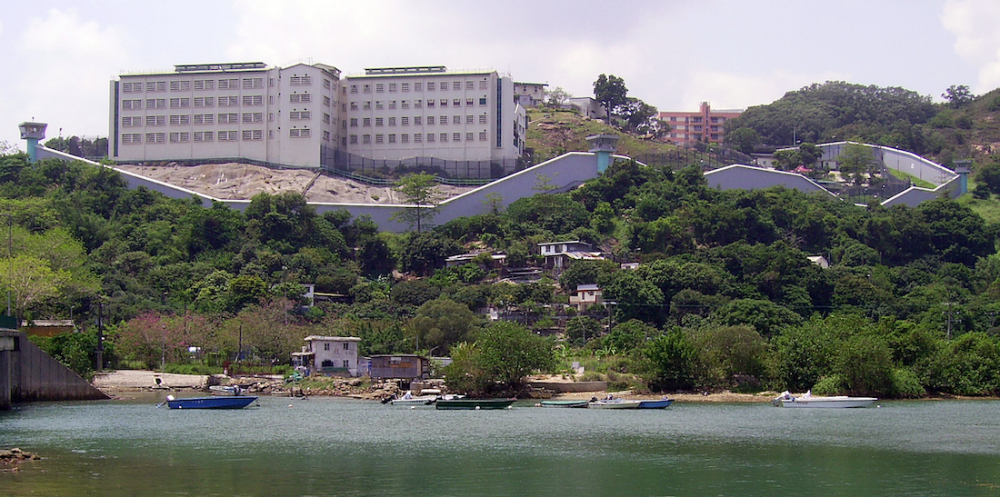
Psychiatric Detention and Political Suppression
The report also documents punitive use of psychiatric detention. One imprisoned activist disappeared for days after complaining about overcrowding. He returned visibly altered, recounting harsh isolation and deprivation in the infamous Si Lam Psych Center. Such measures, deployed against those expressing dissent, function as unofficial retribution, bypassing judicial norms and threatening mental well-being.
The National Security Law passed by Beijing in 2020 intensified these abuses, introducing vague charges such as “colluding with foreign forces” and leaving political defendants vulnerable to indefinite detention, solitary confinement, and limited access to legal counsel. Amnesty International and other advocates have condemned recent changes to prison rules that allow authorities to block visits on “national security” grounds, undermining fair trial rights and isolating detainees from family and legal assistance.
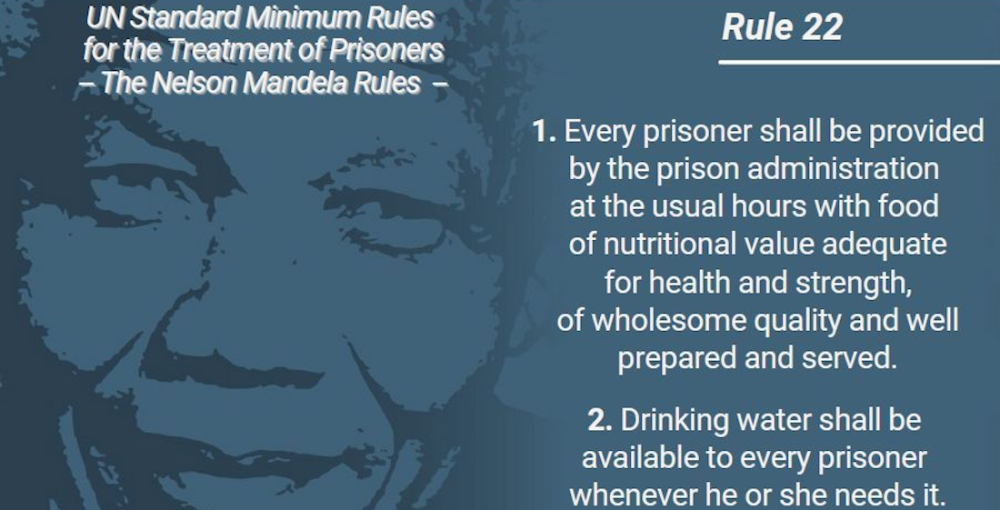
Calls for Reform and International Pressure
With the U.N. General Assembly convening this week in New York, Bickett and other activists urge member nations to denounce Hong Kong’s treatment of political prisoners and demand investigations into human rights violations.

The conditions witnessed and recorded breach U.N. standards for humane treatment, undermining Hong Kong’s claims to international compliance and raising stakes for its global reputation.
The growing roster of cases—including those of dissident publisher Jimmy Lai and detained Catholic bishops—illustrates how Hong Kong’s judicial system, once considered robust and fair, now serves as an instrument of political control.
Public advocacy, including gestures like naming streets after prominent political prisoners or organizing global protests, seeks to hold Hong Kong and China accountable before broader audiences.
Summary
The tumultuous experience of an American detained in Hong Kong has ignited fresh debate over the region’s prison conditions, political freedoms, and human rights abuses. Drawing on the harrowing first-hand account by Samuel Bickett published in the New York Post, this story details the physical and psychological toll faced by foreign detainees and local dissidents caught in the city’s expanding crackdown on political protest and speech.
#HongKongPrisons #HumanRights #PoliticalPrisoners #SamuelBickett
#JusticeReform #UNAssembly #GlobalAdvocacy #PrisonAbuse #SpeakUp
Tags: Hong Kong, political prisoners, prison conditions, Samuel Bickett, UN General Assembly,
human rights, National Security Law, Amnesty International, dissidents, international law
